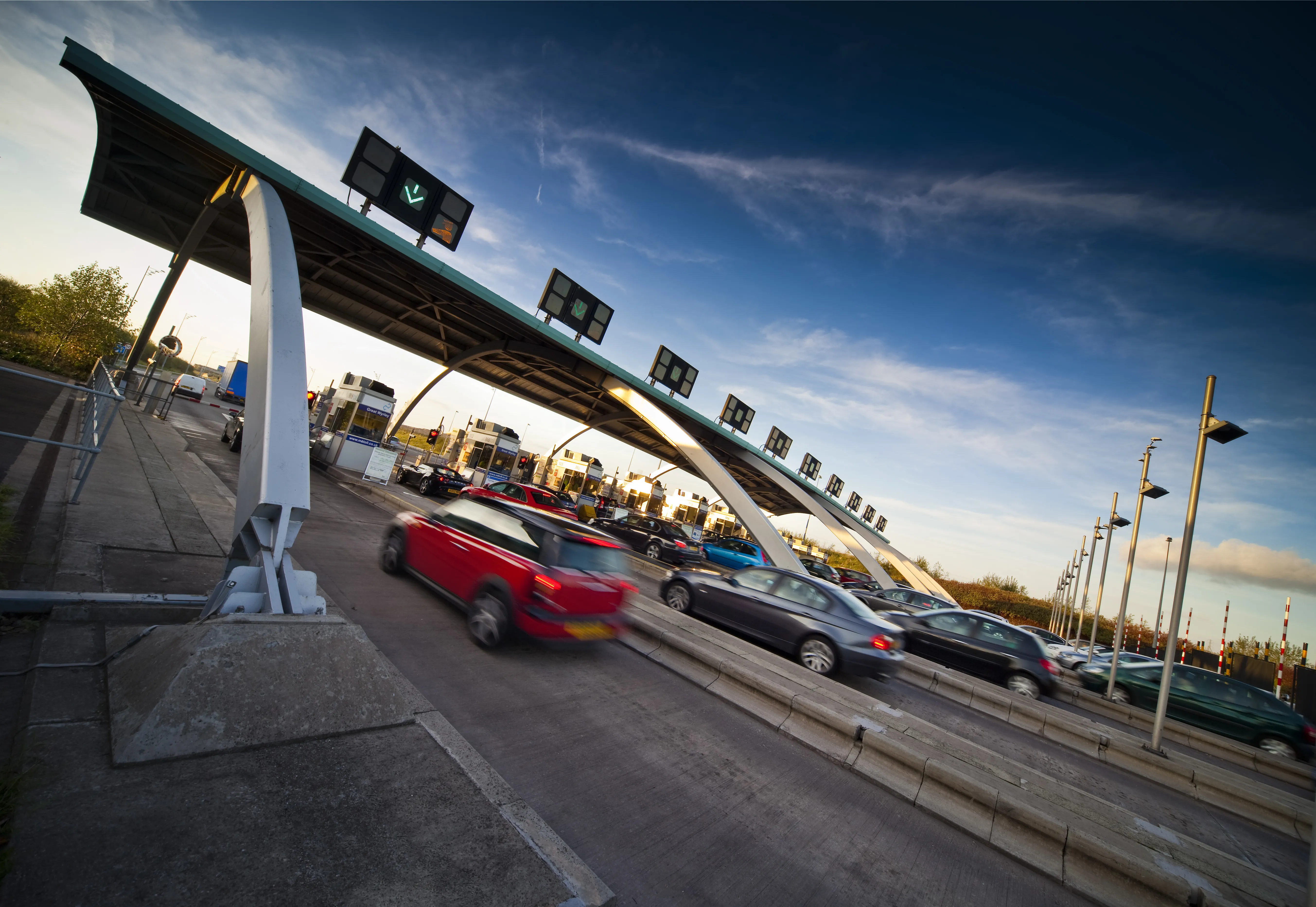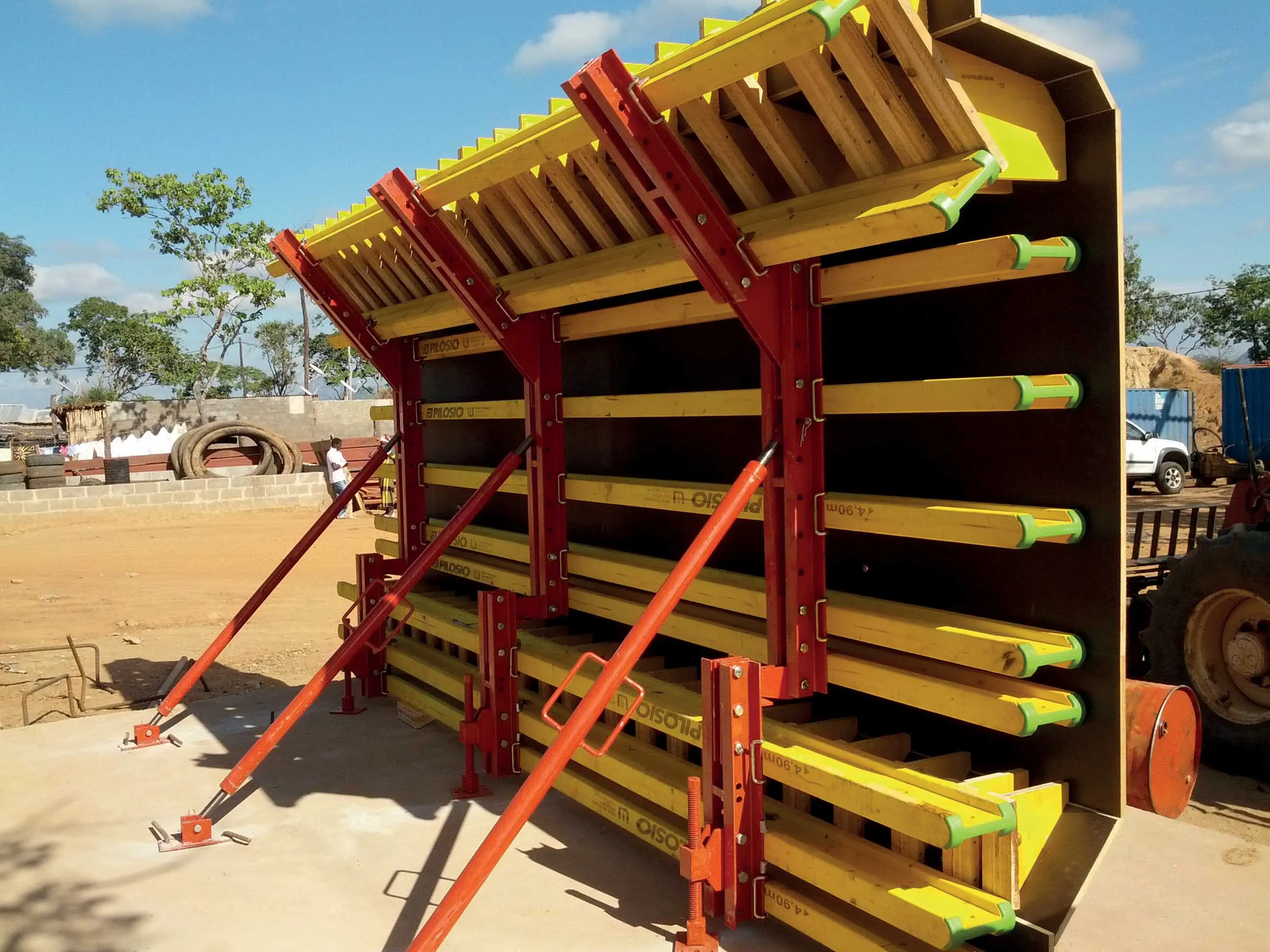Chinese companies may play a role in the e1.5 billion A6/A9 highway project in the Netherlands.
February 21, 2012
Read time: 1 min

Chinese companies may play a role in the €1.5 billion A6/A9 highway project in the Netherlands.
The project requires building a number of tunnels, bridges and connecting highways between Almere and the capital Amsterdam.
The1093 Dutch Investment Bank NIBC is tendering for the project and has said that should it win, it would involve Chinese banks and contractors. The development is of note as Chinese companies are keen to compete in tenders outside the country, including for European projects.
Chinese contractors have had great success winning deals in other Asian nations and parts of Africa but apart from a few contracts in parts of Eastern Europe, such as Poland, they have not so far developed a significant share of the European Union market.
Winning projects in the Netherlands would be of key significance as the country is noted for its heavy traffic volumes, with a great deal of through traffic to and from its busy ports, as well as for its high standards of highway construction. Any Chinese road builder operating in the Netherlands would have to meet some of the highest construction quality specifications for highways of any country in the world.
The project requires building a number of tunnels, bridges and connecting highways between Almere and the capital Amsterdam.
The
Chinese contractors have had great success winning deals in other Asian nations and parts of Africa but apart from a few contracts in parts of Eastern Europe, such as Poland, they have not so far developed a significant share of the European Union market.
Winning projects in the Netherlands would be of key significance as the country is noted for its heavy traffic volumes, with a great deal of through traffic to and from its busy ports, as well as for its high standards of highway construction. Any Chinese road builder operating in the Netherlands would have to meet some of the highest construction quality specifications for highways of any country in the world.








